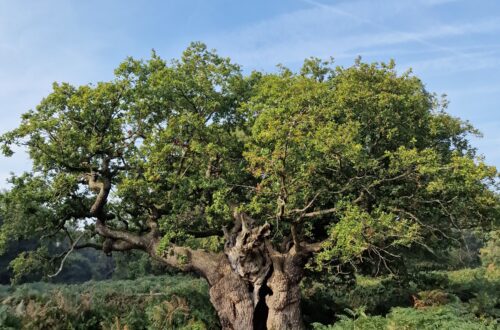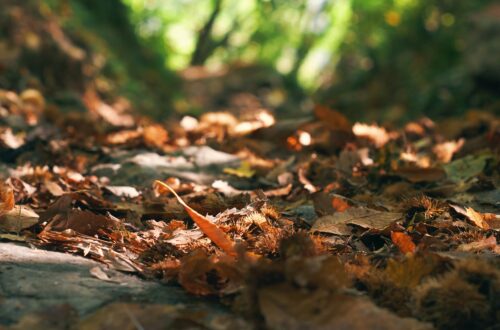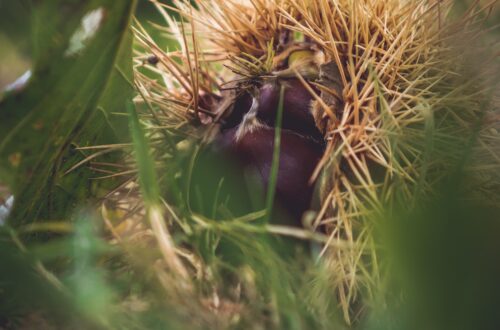In a world where sustainability is a growing concern, the practice of foraging for free food has gained renewed interest. Foraging involves gathering wild plants, mushrooms, and other edibles from the natural environment, but it’s crucial to do it ethically to ensure we don’t harm the ecosystem. In this article, we will explore the ethics of foraging and provide a comprehensive guide on how to forage ethically.
At this time of year my favourite free food is Chestnuts. They start to drop around the beginning of fall (Autumn) and are a delicious snack alone or sprinkled onto a salad. Just make sure you are wearing gloves or being extra careful when picking them up from the ground!
Understanding Ethical Foraging
Foraging ethically means responsibly harvesting wild foods while respecting nature and preserving its resources. It’s about striking a balance between satisfying our desire for free, fresh, and natural food and ensuring the long-term health of the environment.
1. Learn and Respect Local Laws and Regulations
Before you start foraging, it’s essential to understand and adhere to local laws and regulations regarding foraging. Some areas may have restrictions on foraging, and ignoring these rules can lead to ecological damage and legal consequences.
2. Respect the Ecosystem
To forage ethically entails respecting the natural environment. Avoid over-harvesting by only taking what you need and leaving behind enough for the local wildlife and plants to thrive. This ensures the ecosystem’s balance is maintained.
3. Identify and Harvest Sustainably
Knowing the plants and mushrooms in your area is essential. Learn to identify them accurately to avoid picking toxic or endangered species. Harvest sustainably by taking no more than one-third of a patch or population to allow for regrowth.
4. Forage Mindfully
Be mindful of where you forage. Avoid sensitive areas like wetlands and protected lands, and never uproot plants unnecessarily. Use proper tools and techniques to minimize damage.
5. Be a Good Steward
Leave no trace. Pack out all your trash, and don’t introduce non-native species to an area. It’s essential to be a good steward of the land you forage on.
6. Share Knowledge, Not Locations
While it’s great to share your knowledge and enthusiasm for foraging, avoid sharing specific locations, as overharvesting can occur when a spot becomes too popular.
7. Enjoy and Connect with Nature
Foraging is not just about getting free food; it’s also about connecting with nature. Take the time to appreciate the environment and understand the interdependence of species.
Conclusion: The Joy of Ethical Foraging
Foraging ethically is a deeply satisfying and sustainable way to connect with nature and enjoy free, fresh food. By following these principles, you can ensure that you leave a positive impact on the environment, supporting the continuation of this time-honored tradition for generations to come. Happy foraging!
In summary, foraging ethically is all about understanding and respecting the natural world. When done responsibly, it can be a rewarding way to connect with nature while enjoying the bountiful gifts it offers. So, the next time you venture into the great outdoors in search of free food, remember the ethics of foraging, and leave no trace but footprints of gratitude.




